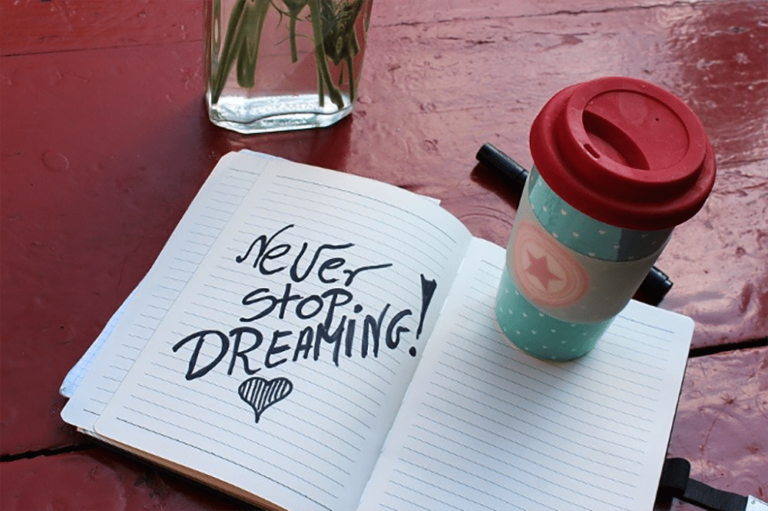The New Rules of “Professional Attire”
First impressions go a long way – especially with potential employers.
Gone are the days where everyone wears a suit and tie into a formal office setting. In fact, the rules of acceptable workplace attire have been completely overhauled recently, with many companies eliminating dress code policies altogether.
Cultural shifts also play a huge part in determining these changes. With the rise in popularity of facial piercings, large tattoos and bright hair colors, it’s more difficult than ever for employers to determine what is and isn’t appropriate for work.
When deciding “what to wear to work,” many factors come into play such as company culture, industry standards, safety measures and geographic area. Let’s break down each of these below:
Company Culture: The company culture at a law firm will be much different from the culture at Starbucks. If you’re working in a corporate position, they’re likely to be more strict and conservative when it comes to dress code policies.
Industry: If you work in a creative industry where employees are encouraged to express their personality and creativity, things like bright hair colors and visible tattoos are more likely to be accepted. If you work in a formal corporate office, a more neutral, business professional appearance is likely to be required. Manufacturing industry workers will likely be given a more casual dress code, with more focus on safety and less on formality.
Type of Position: Many times, acceptable attire depends on the specific position. A non-customer facing phone support representative may be allowed to have rainbow-dyed hair, but a customer facing, high-level sales person may not be allowed the same leeway.
Safety: Something all employers consider is the safety of their employees and customers, as well as industry safety requirements. Someone working at a machine may not be allowed to have large piercings, not because the company disapproves, but because they can get caught in the machine and cause injury.
Geographic Location: A company’s geographic location has a huge impact on their internal company culture. A company with an office in both New York and California is likely to have two different standards of what is and isn’t acceptable at each office. Likewise, an international company is more likely to have a policy based on what other cultures find acceptable. For example, an American company with a large office in China is more likely to frown upon visible tattoos, because tattoos are frowned upon in the more traditional Chinese culture.
Your physical appearance doesn’t have any affect on your work ethic or professional level, but is still a necessary consideration when determining your dream job and how to get it. Regardless of your job or career aspirations, it’s always best to look into a company’s policy and corporate culture and ensure they align with your own values before applying or interviewing.








